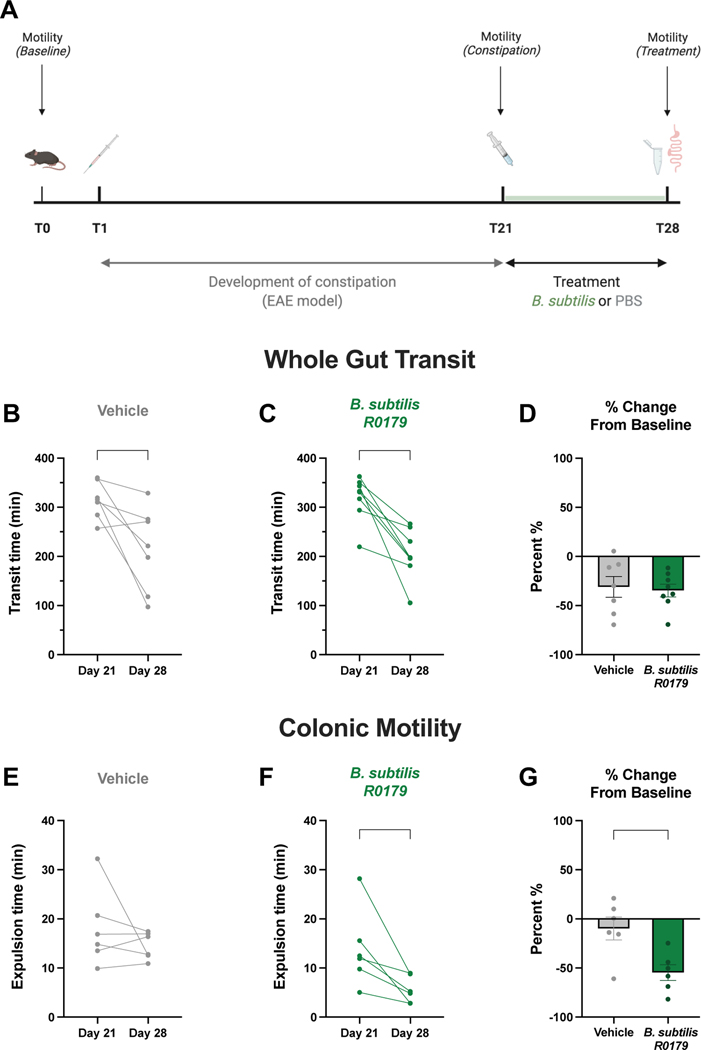Figure 5. B. subtilis treatment restores colonic motility in constipated mice.
To investigate whether treatment with B. subtilis could restore intestinal function in a model of constipation, mice were induced with experimental autoimmune encephalomyelitis (EAE), a mouse model of multiple sclerosis that exhibits features of constipation. (A) Schematic of experimental time course with development of constipation for three weeks beginning on day 1 post-induction, and treatment for one week beginning at the height of constipation on day 21. Only mice that were symptomatic for constipation received bacteria or vehicle treatment. (B-D) Following a week of treatment with B. subtilis, constipated mice displayed faster whole gut transit times on day 28 compared to the height of constipation on day 21 (n=8). This prokinetic effect on whole gut transit was seen in vehicle-treated mice as well (n=7). (E-G) B. subtilis-treated mice (n=6) exhibited significantly faster colonic motility times as assessed by the bead expulsion assay, whereas there was no significant change in colonic motility in vehicle-treated mice (n=6). Moreover, there was a significant difference between treatment groups in percent change from baseline following one week of treatment. Data are shown as individual animals (B,C,E,F), paired Student’s t-test, or mean ± SEM (D,G), unpaired Student’s t-test. * p < 0.05, ** p < 0.01.

